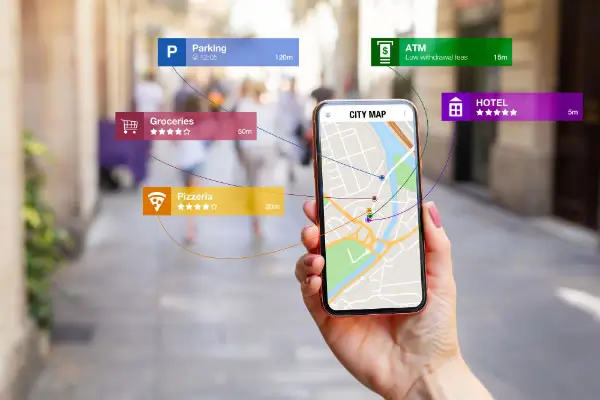

Car Industry
Google Cars, also known as Google’s Self-Driving Car Project, was an initiative by Google (now Alphabet Inc.’s subsidiary Waymo) to develop autonomous vehicles capable of navigating without human intervention. The project aimed to revolutionize transportation by making roads safer, reducing traffic congestion, and providing mobility options for people who are unable to drive.
Key points about Google Cars:
- History: Google’s Self-Driving Car Project began in 2009 with the goal of developing technology to enable fully autonomous vehicles. Over the years, Google tested and refined its self-driving car technology using a fleet of modified vehicles equipped with sensors, cameras, and advanced computer systems.
- Autonomous Driving Technology: Google Cars relied on a combination of sensors, cameras, lidar (light detection and ranging), radar, and artificial intelligence algorithms to perceive and interpret their surroundings, navigate complex environments, and make real-time driving decisions.
- Safety and Testing: Google placed a strong emphasis on safety during the development and testing of its self-driving car technology. The vehicles underwent rigorous testing on public roads, closed-course test tracks, and simulated environments to ensure their reliability, safety, and performance in various driving scenarios.
- Partnerships and Commercialization: In 2016, Google’s self-driving car project was reorganized under Waymo, a subsidiary of Alphabet Inc. Waymo continued to develop and commercialize autonomous driving technology through partnerships with automakers, ride-hailing companies, and other stakeholders.
- Commercial Deployment: Waymo launched a commercial autonomous ride-hailing service called Waymo One in select cities, offering rides in self-driving vehicles to passengers. The service marked a significant milestone in the commercial deployment of autonomous driving technology.
- Regulatory and Legal Challenges: The development and deployment of self-driving cars raised various regulatory and legal challenges related to safety standards, liability, insurance, and public acceptance. Regulators and policymakers worked to establish frameworks and guidelines to govern the testing and operation of autonomous vehicles on public roads.
- Industry Impact: Google’s self-driving car project spurred innovation and competition in the autonomous vehicle industry, leading to investments and developments by automakers, tech companies, startups, and research institutions worldwide. The race to develop and commercialize self-driving technology continues to evolve as companies explore new opportunities and address challenges in the emerging market.
Overall, Google Cars, now under Waymo, played a pivotal role in advancing autonomous driving technology and shaping the future of transportation. While challenges remain, the potential benefits of self-driving cars in terms of safety, efficiency, and accessibility continue to drive innovation and investment in the autonomous vehicle industry.
NetQwik is a web design and SEO company headquartered in Ashburn, Virginia. We are a one stop web solutions company and operate out of our offices in Ashburn, Fairfax, Richmond, Spotsylvania, Norfolk, Northern Virginia.
We have been rated as one of the best SEO agencies in Northern Virginia. Our services include web design, e-Commerce websites, local SEO, search engine optimization, social media marketing, content marketing, digital marketing, domain names and hosting, we provide it all.
If you are looking for a Northern Virginia SEO and web design company to launch your next project, give us call at 800-657-5432 or fill out our contact form for a free consultation.




